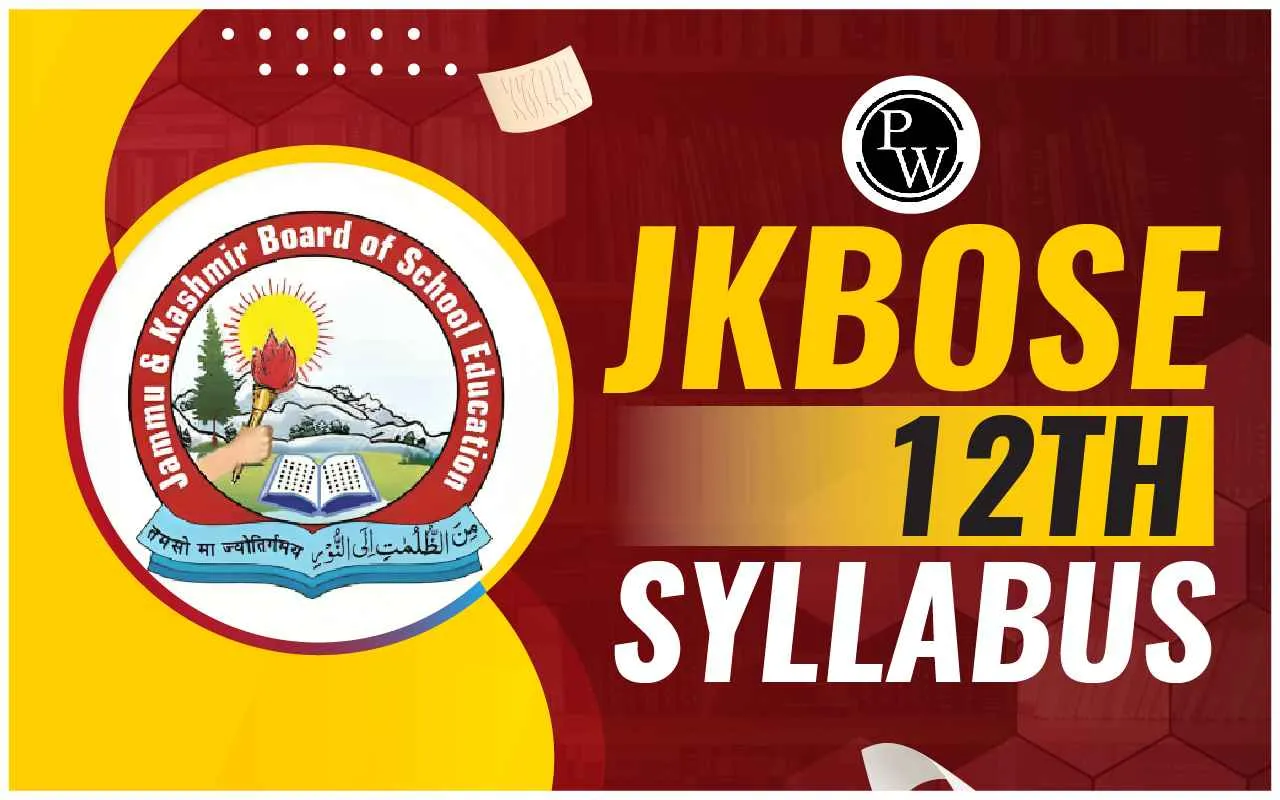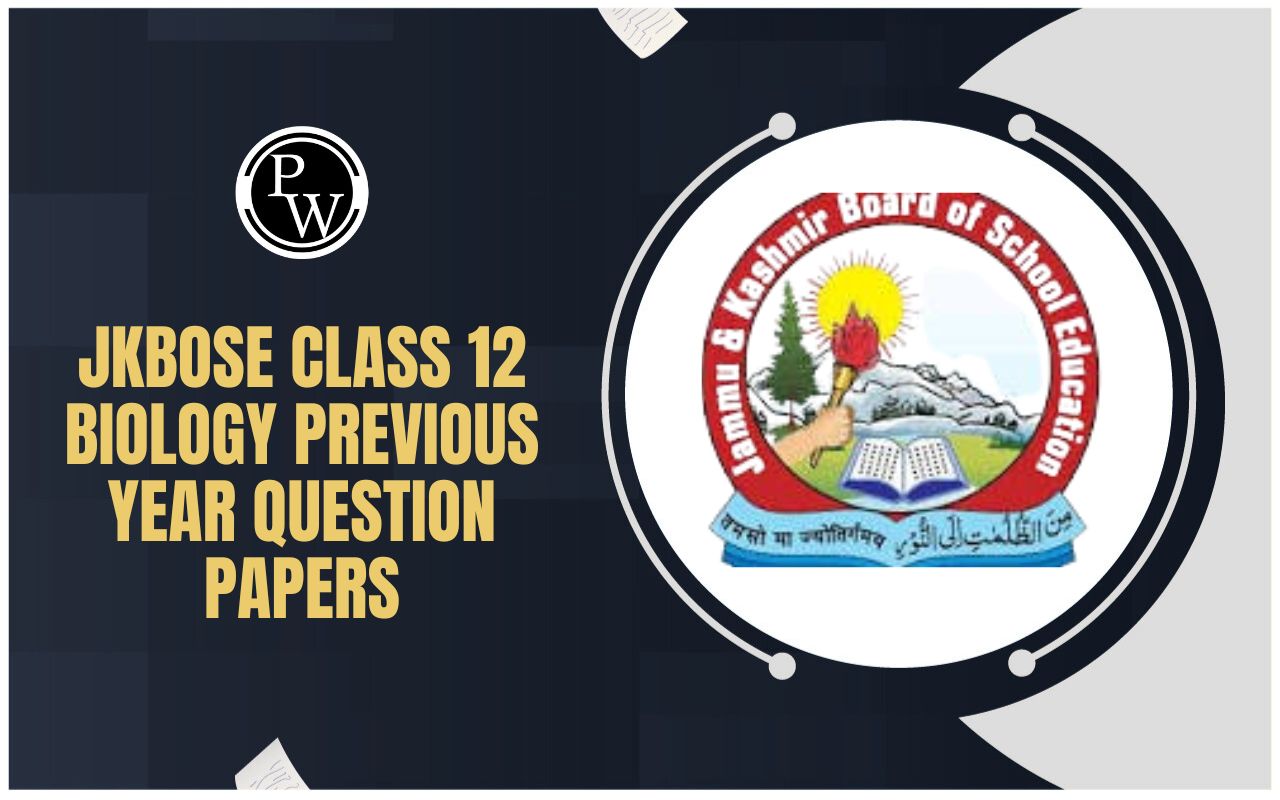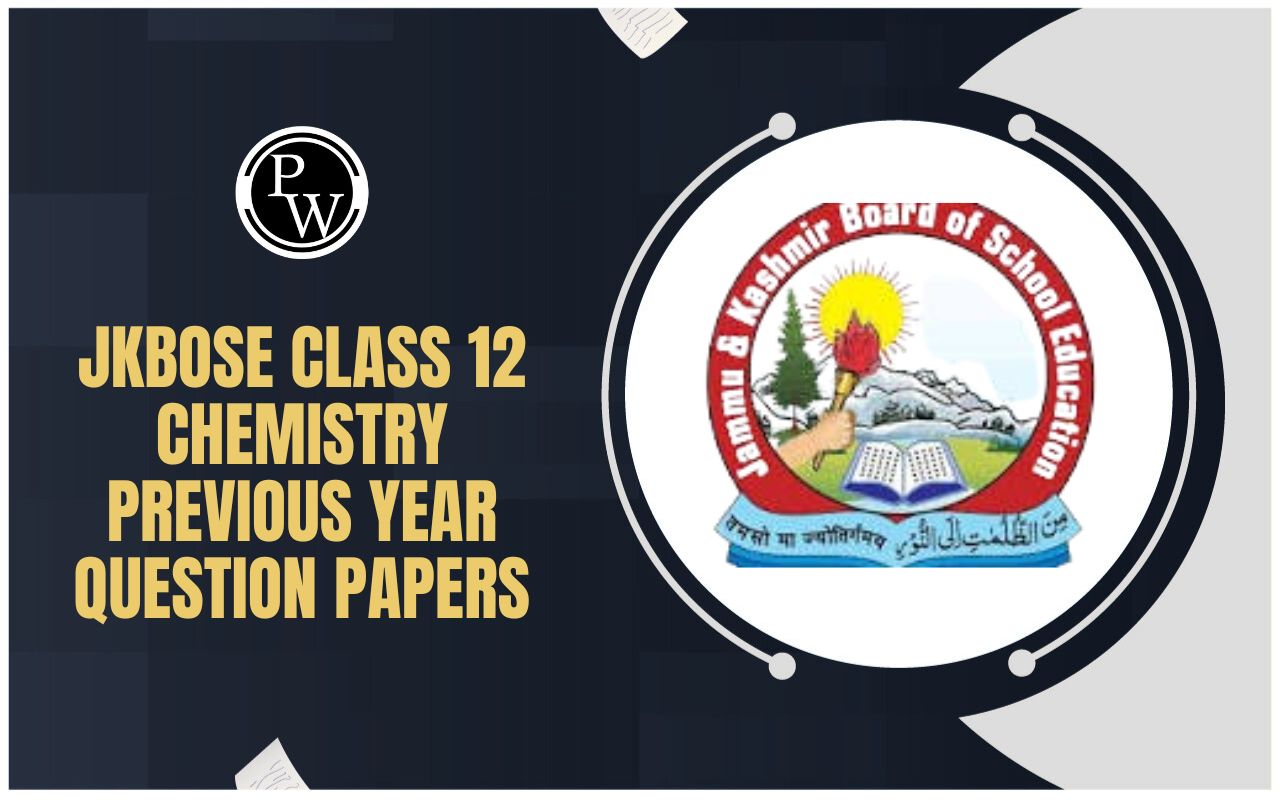
Computer Science is a subject that develops digital skills, logical thinking, and the ability to work with real-life tools like MS Word, Excel, PowerPoint, and more. With proper understanding and practice, students can score well and build a strong foundation in technology.
The JKBOSE Class 9 Computer Science syllabus helps students of the Jammu and Kashmir Board understand what topics to study in each term. It also gives clarity on the marks distribution, helping them plan their study schedule in a smart and effective way.
This syllabus is not just for exams — it trains students to use computers for everyday tasks, including creating documents, presentations, spreadsheets, and working on IT-based projects. Understanding the syllabus is the first step to strong preparation, better exam scores, and practical computer knowledge that can be used in school and life.
JKBOSE Class 9 Computer Science Syllabus 2025-26 Overview
To begin your preparation for the academic year, it’s important to understand the key details of the JKBOSE 9th Class Syllabus Computer Science 2025-26. Here is the JKBOSE 9th Class Computer Science Syllabus 2025-26 Overview:
|
JKBOSE Class 9 Computer Science Syllabus 2025-26 Overview |
|
|
Particulars |
Details |
|
Conducting Board |
Jammu and Kashmir Board of School Education |
|
Class |
9th |
|
Academic Session |
2025-26 |
|
Subject |
Computer Science |
|
Syllabus Pattern |
NCERT-based + Board Guidelines |
|
Major Topics |
Basics of Computers, Windows OS, MS Word, Excel, PowerPoint, IT Applications |
|
Assessment Type |
Theory + Practical (Internal) |
|
Official Website |
|
JKBOSE 9th Class Maths Syllabus
JKBOSE Class 9 Computer Science Syllabus Course Structure 2025-26
The syllabus is divided into two terms, each containing both theory and practical components. The total marks for the academic year are 100, with 50 marks for each term.
Term I Structure
Term I of the Computer Science syllabus introduces students to the basic concepts of computers and essential IT tools. It lays a strong foundation by covering both theoretical knowledge and hands-on experience with Windows and MS Word.
|
JKBOSE Class 9 Computer Science Syllabus Course Structure 2025-26 |
|
|
Unit |
Topics Covered |
|
Unit I: Basics |
- Introduction to Computers - Memory Types (RAM, ROM) - Input/Output Devices - Software Types (System/Application) - Programming Languages (Machine, Assembly, High-Level) - Network Types (LAN, MAN, WAN) - Internet Basics |
|
Unit II: IT Tools |
- Introduction to Windows - Working with Files and Folders - Using Notepad, Paint, Calculator - MS Word Basics: Create, Format, Edit, Save, and Print Documents |
Term I Assessment:
-
Theory: 30 Marks
-
Practical/Internal: 20 Marks
JKBOSE 9th Class English Syllabus
Term II Structure
Term II builds on the basics covered in Term I and introduces students to important applications like MS PowerPoint and Excel. It also includes practical IT applications to help students use technology effectively in real-life tasks.
|
JKBOSE Class 9 Computer Science Syllabus Course Structure 2025-26 |
|
|
Unit |
Topics Covered |
|
Unit III: PowerPoint |
- Creating Presentations - Inserting Text, Images, Sounds - Slide Layouts, Animations, Transitions |
|
Unit IV: MS Excel |
- Entering Data in Worksheets - Using Formulas (SUM, AVERAGE, MAX, MIN) - Creating Charts (Pie, Bar, Line) |
|
Unit V: IT Applications |
- Real-life tasks using MS Word, Excel, PowerPoint - Projects like letters, resumes, posters, reports |
Term II Assessment:
-
Theory: 30 Marks
-
Practical/Internal: 20 Marks
JKBOSE 9th Class Science Syllabus
JKBOSE Class 9 Computer Science Practical Syllabus 2025–26
The practical component of Computer Science helps students apply their knowledge by performing hands-on tasks using various software applications. It is conducted in both Term I and Term II.
Term I Practical Topics (20 Marks)
Term I practicals are designed to build basic computer handling skills and develop familiarity with Windows OS and MS Word. These hands-on activities carry 20 marks and are evaluated internally.
|
JKBOSE Class 9 Computer Science Practical Syllabus 2025–26 |
|
|
Practical Area |
Details |
|
Windows Operating System |
Basic file and folder operations, creating shortcuts, using Notepad, Paint, Calculator |
|
MS Word |
Creating and formatting documents, inserting tables/images, saving and printing |
|
Report File |
Minimum 10 Word documents based on classroom learning |
|
Viva Voce |
Oral questions based on the above practicals |
Term II Practical Topics (20 Marks)
In Term II, students will apply their learning through practical work in MS Excel and PowerPoint. These activities enhance data handling, presentation, and real-life IT application skills.
|
JKBOSE Class 9 Computer Science Practical Syllabus 2025–26 |
|
|
Practical Area |
Details |
|
MS Excel |
Creating worksheets, entering data, using formulas (SUM, AVERAGE, etc.), and generating simple charts |
|
MS PowerPoint |
Designing presentations with text, images, transitions, animations |
|
IT Application Report File |
Minimum 5 files using Word, Excel, and PowerPoint based on real-life tasks |
|
Viva Voce |
Oral questions based on practical knowledge and project work |
Mark Distribution for Practical (Each Term)
Each term includes a total of 20 marks for practicals. The distribution of marks is the same for both terms.
|
JKBOSE Class 9 Computer Science Practical Syllabus 2025–26 |
|
|
Component |
Marks |
|
Software-Based Tasks |
10 |
|
Report File |
5 |
|
Viva Voce |
5 |
|
Total |
20 |
JKBOSE Class 9 Computer Science Preparation Tips
Preparing for JKBOSE Class 9 Computer Science is important not just for scoring good marks but also for building essential computer skills. Here are some easy and effective tips to help you do well:
-
Start by going through the entire Computer Science syllabus for both Term 1 and Term 2. Knowing what topics will be covered helps you focus and plan your studies better.
-
Create a simple timetable that includes both theory and practical topics. Spend more time on units you find difficult and revise regularly.
-
Computer Science is best understood through practice. Use your computer to explore MS Word, Excel, and PowerPoint while learning from your textbook.
-
Keep your report file up to date with all the documents, presentations, and Excel sheets you create. It helps during revision and practical exams.
-
Practice with previous years’ papers or mock questions to understand the type of questions asked in the exam. This boosts your confidence and time management.
-
If you’re stuck on any concept—like functions, formatting, or formulas—ask your teacher or classmates for help. Clearing doubts quickly keeps your learning on track.
-
Go back and revise theory chapters like Basics of Computers and Types of Software often. This will help you retain information for the final exam.
-
Don’t stress. Enjoy learning new skills and exploring the digital world. Staying confident and curious will make Computer Science more fun and easier to learn.
JKBOSE Class 9 Computer Science Syllabus 2025-26 FAQs
What are the main topics covered in the JKBOSE Class 9 Computer Science syllabus?
How is the syllabus divided for Term I and Term II?
Is there a practical exam in Class 9 Computer Science?
How many marks is the Computer Science theory paper?










